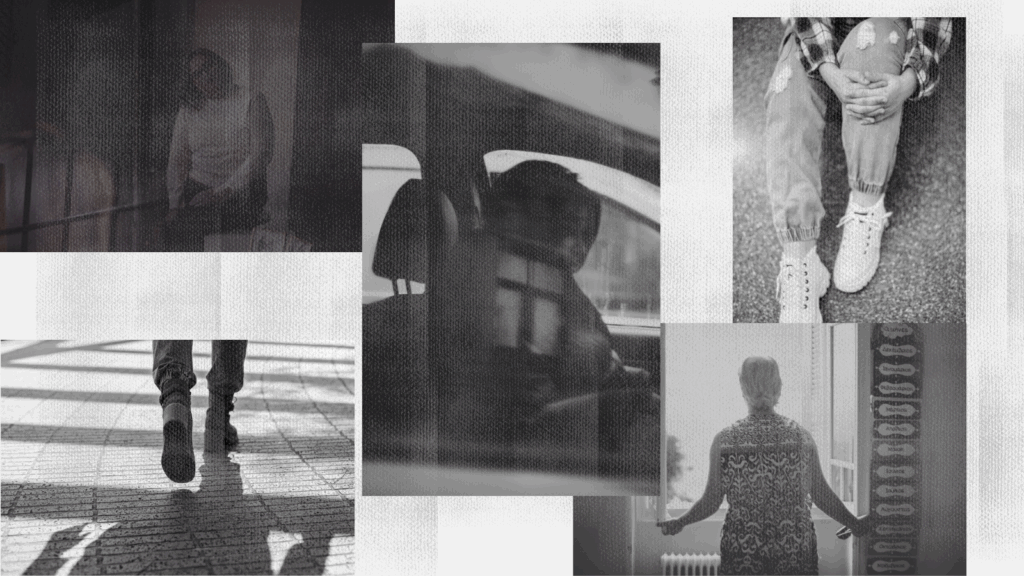Last week on March 5, the European housing ministers met in Liège, Belgium, to discuss Europe’s housing crisis. In Liège, ministers called for a European Deal for affordable and social housing. The calls come on the back of data starkly showing the extent of rising prices in the housing sector:
- Nearly 10% of Europeans face extensive housing cost burden, meaning they have to spend more than 40% of their disposable income for housing costs.
- 30% of people are at risk of poverty and social exclusion.
- While the housing crisis can be seen all over Europe, its impact and extent are most prominent in urban areas.
- Social exclusion, economic inequality, and high levels of homelessness are closely linked to high levels of housing costs.
- Homelessness has increased across Europe over the past 10 years and it is now estimated that on any given night it is about 895 000 who experience street homelessness or stay in a homeless shelter.
The urgent need for action was acknowledged by the EU housing ministers who endorsed the “Liège Declaration”: calling for concrete action on EU level to tackle the housing crisis. The ministers underlined that investment in social housing has crucial societal, economic, and environmental impacts and benefits: Investment creates local employment, adequate housing is closely linked to well-being and healthy lives, and renovation of current stock is important to mitigate as well adapt to climate change. Further, it was highlighted that a new multi-level approach, including local, regional, national, and European stakeholders, and more public as well as private investment is needed to ensure affordability and adequacy of housing.
The main outcome of the declaration is a common call for a European New Deal for Affordable and Social Housing, based on principle 19 of the European Pillar of Social Rights. It was stressed that this Deal should encompass:
- an Annual EU Summit; bringing together EU institutions and all involved stakeholders from the Member States and gives the opportunity to streamline a multi-level approach to the ongoing housing crisis.
- the establishment of an EU Platform; which would aim to be a space for sharing best practices and building partnerships. It would give the opportunity to share experiences from diverse stakeholders in increasing affordable social housing, exchange data and knowledge, and support social service providers and local actors in their work to end housing exclusion. Furthermore, the platform should closely work together with the European Platform on Combating Homelessness (EPOCH).
The ministers also asked the European Commission to take better account of the repercussions of EU policies on access to housing. Lastly and importantly, the Liege Declaration, called on the European Investment Bank to reinforce its support for the social and affordable housing sector.
Last year, Eurodiaconia published its report on Homelessness prevention. One of the core elements of preventing homelessness is the access to affordable and adequate housing. With this, Eurodiaconia welcomes the Liège Declaration and calls for the European Commission to:
- Work towards a roadmap for a European New Deal for Affordable and Social Housing Access
- Engage civil society in shaping the Annual EU Summit and EU Platform.
If you have questions or wish to receive more information, please reach out to our Policy Officer Annika Sparrer:



